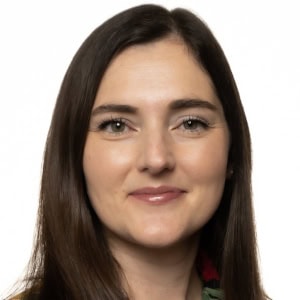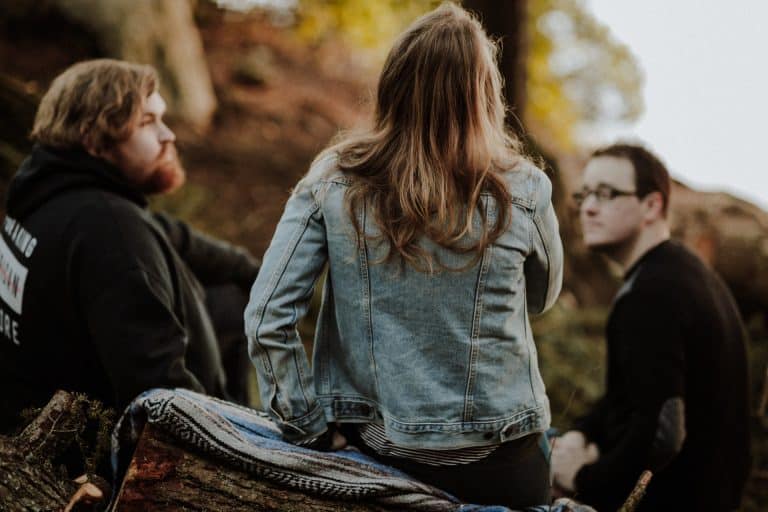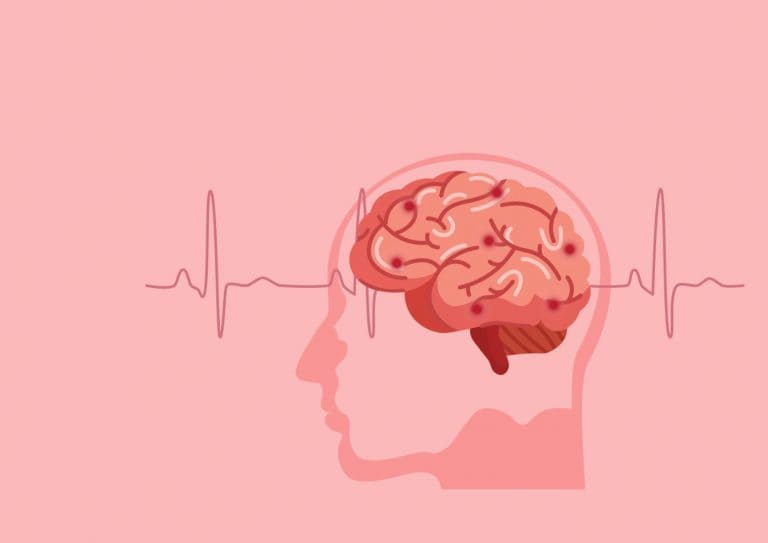Personal perspectives on addressing family needs after acquired brain injury
I attended the 2019 Head First conference yesterday. The subject matter of the conference was ‘Family Matters: Understanding and Addressing Family Needs after Acquired Brain Injury’. I had signed up to attend this conference as I have day to day experience of witnessing the devastating effects that brain injury often has on families living with acquired brain injury and I wanted to learn and understand more.
The programme was filled with interesting and insightful presentations from a range of respected professionals in the field of acquired brain injury, however, the session that I found most insightful and eye-opening was a panel discussion with the family members of three acquired brain injury survivors.
The panel consisted of:
- Lorraine Currie, whose daughter suffered a life-changing brain injury when she was hit by a car at the age of 17
- Eliza Fricker, whose mother was diagnosed with a large brain tumour after several years of personality change, and
- Nicola Hughes, whose husband suffered a subarachnoid hemorrhage which left him with severe frontal lobe damage
Each one of the panel members was eloquent and inspiring in their descriptions of what had happened to them and their families, and the challenges they had faced and continue to face to this day. One of the most interesting questions they answered was about experiences that had been either unhelpful or damaging in their personal journeys.
Eliza described how she had been waiting in hopeful anticipation about a session her mother had with a wellbeing counsellor (before the diagnosis had been made). The family had been concerned about her behavior and personality change for some time and thought that this might be the thing they needed to get some answers or helpful advice. She felt completely let down and frustrated when the session ended and she was told that her mother was ‘just getting old’, which was clearly not the case given the later diagnosis. Eliza also found that the support her family received after her mother’s eventual neurosurgery was lacking. The medical staff seemed entirely focused on the surgery going well and appeared to pay very little regard to how the family would manage following the surgery. Eliza is an illustrator and has written a novel about her family’s experience entitled, ‘Just Getting Old’.
Lorraine, who had a background in social work before her daughter’s injury, explained how she had been given the ‘family talk’ about how her daughter would be a ‘passive recipient of care’ in a residential care setting for the rest of her life – a talk that was apparently given to many families in similar situations. Fortunately for Lorraine, she knew better and was not willing to allow her daughter to be ushered down a path that would give her little quality of life. Lorraine has since worked tirelessly to ensure that her daughter has a life that looks as ordinary as possible, which has included things like working with her local supermarket to ensure that when her daughter goes independently to the supermarket with a shopping list, the checkout cashier will ask if she’s got everything on her list. She has also worked with her daughter’s university to assist them in facilitating her obtaining a degree in fine art, which was a challenge given her daughter can no longer read or write.
Nicola, who was a Senior Executive managing the European organisation of a global company, with an infant daughter at the time of her husband’s injury, found that her response to her husband’s injury became very logical initially as she talked about contingency plans and future-proofing. She later realised that this was her way of dealing with the initial grief of losing the husband she had known for 10 years. After her husband’s initial period of rehabilitation, she found that they were discharged into an abyss with no further support. Given the severity of her husband’s injury and the extent of his ongoing symptoms she was shocked to discover that his discharge summary stated, ‘no further action.’ A major challenge she faced was explaining to her daughter, who could not remember her father before the injury, about her father’s injury. She wrote books for her (which she is soon to self-publish) and is also writing another book about her own story of survival.
Experiences common to all three of these families included:
- Feeling that the care their loved ones received was not inclusive of family members – it was focused only on the patient and little or no regard was given to how they would adjust as a family post-discharge
- Feeling in the dark about the process of what was happening and what was going to happen next in the initial period of hospital treatment and rehabilitation – they were swept along and had to react to things as they were happening
- Not having an opportunity or adequate support to deal with their grief over the person they had lost but who was still there in body
A medic who spoke later in the day talked about how everyone who suffers a brain injury has input from an occupational therapist to ensure their physical needs are addressed, but that very little or no regard is given to the emotional support of the changed family, which is just as (if not more) important.
Every brain is unique, every brain injury is unique and every family is unique. It follows that every family that experiences an acquired brain injury is changed in a unique way. My take home message from the conference is therefore that it is crucial that rehabilitation services following brain injury pay far more attention to the individual needs of each particular family.
Laura Barlow is an associate solicitor at Bolt Burdon Kemp in the Adult Brain Injury team. If you or a loved one have a claim, contact Laura free of charge and in confidence on 020 7288 4859 or at laurabarlow@boltburdonkemp.co.uk. Alternatively, complete this form and one of the solicitors in the Adult Brain Injury team will contact you. Find out more about the Adult Brain Injury Team.










